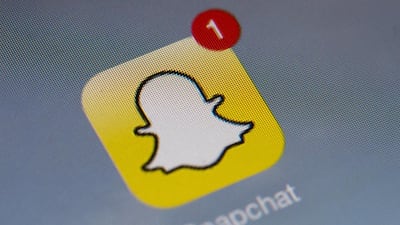Snapchat, the popular social media application that allows users to share short videos, is in hot water over its new batch of filters. The application uses advanced facial graphing technology that gives users the ability to make their face look like a dragon or a puppy. This is a wildly popular part of the platform but one that has got Snapchat in trouble.
This month, Snapchat debuted a feature that it said was inspired by Japanese anime but seemed to recycle racist stereotypes of Asian people from the 1940s, with narrow eyes and exaggerated teeth. The feature was quickly discontinued after a flood of criticism from users and the tech press. In the past, Snapchat has been accused of promoting whitened skin tones over dark ones in its application. But the latest feature went too far.
This type of latent racism is not occurring in a vacuum. Throughout this year, prejudice has been an unavoidable current in political discourse from the US presidential election to the United Kingdom’s Brexit vote. The statements of Republican presidential nominee Donald Trump about Mexicans, Muslims, women and the disabled have single-handedly moved the boundaries of acceptable discourse in American political life.
The storyline is remarkably similar with each instance: Mr Trump makes an over-the-top or racist comment only to walk it back days later. The social residue, however, is much more corrosive and doesn’t easily wash out of our collective consciousness.
With this in mind, Snapchat’s latest “Asian” filter is more serious than simply a joke gone bad. Given that Snapchat is popular among young adults, the subconscious effects of subtle racism and stereotyping could translate into overt racist feelings later in life. Coupled with the toxic rhetoric coming from politicians across the West, younger generations are facing a wave of prejudice in the public sphere – for some, they may not even be aware that it could be any different. The pushback against Snapchat’s mistake is commendable – but any company that aspires to being a global corporation needs to be much more careful.

